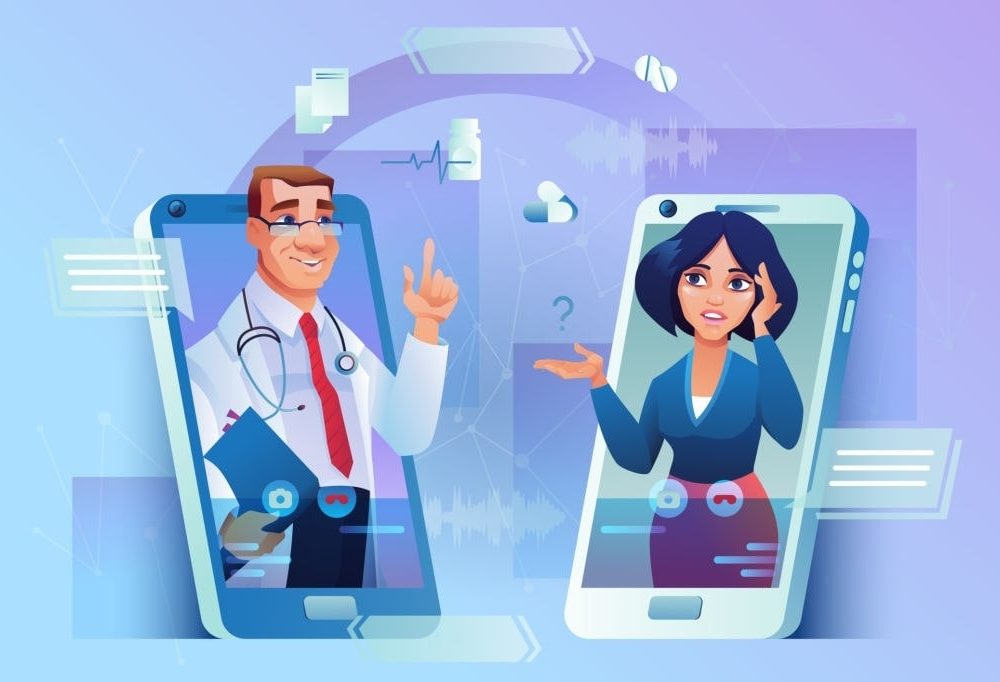
The recent US presidential election has resulted in much uncertainty in the healthcare sector due to the likely repeal of parts or all of the ACA, and the future of value-based care. However, the signing of the 21st Century Cures Act into law, on December 13, 2016, was a positive development for the healthcare sector.
Here are some of the key aspects of the Act
Biomedical research gets a boost
The law provisions $4.8 billion for biomedical research, including a dedicated chunk of $1.8 billion toward cancer research. The funding will drive organizations to design more and better research studies to study cancer and ailments under the BRAIN initiative such as Alzheimer’s and dementia.
Funding for mental health services
The new law stresses the need to prevent, diagnose, intervene, and treat mental illnesses and serious emotional disturbances. It provides over $ 1 billion in grants to cover opioid abuse.
FDA approval processes likely to be simplified
One of the most significant aspects of the Act is the proposed simplification of FDA approval processes from drugs and medical devices. This is likely to significantly reduce approval cycles and release billions of dollars for new research and drug discovery programs.
Here’s how the law will impact healthcare IT
#1. Increased interoperability
The law mandates the secure exchange of health information between systems, unhindered access of information to patients and providers, and penalizes information blocking by EHR vendors. Non-compliant EHR systems will be decertified, and providers using such EHRs will face a minimum one-year exemption from participating in Meaningful Use Programs.
The focus on data arising from the passing of the Act will act as a catalyst for application development and will improve the business case for patient-centric applications that leverage real-time data feeds.
Increased interoperability will also improve healthcare outcomes through enhanced real-time monitoring and treatment options.
#2. Increased focus on research
The Cures law provides a significant push to health providers and federal agencies to use EHRs and integrate data from these systems to improve research and development in healthcare.
The use of smartphone-based mobile apps for conducting research studies is also likely to increase, including the use of platforms such as Apple’s ResearchKit.
#3. Mobile apps for mental health
The increased interoperability and the focus on mental health will create opportunities for mHealth apps that will help physicians remotely monitor and treat mental health patients. Mobile apps can enable the management of mental health patient populations using analytics and alerts to care for patients in distress, and for physicians to provide help in time.
App development teams need to get ahead of the curve
- Application development teams that are looking to deploy mobile apps need to consider technology architecture that is HIPAA-compliant and interoperable with a range of data sources including EHR systems.
- Teams that are looking to leverage external help should consider partnering with experienced and agile technology providers with demonstrated capabilities in this area.

Beth is Cloudmineinc’s senior health editor and a certified personal trainer. She has over 10 years experience as a science journalist and is the author of two books. She deadlifts over 315 lbs.